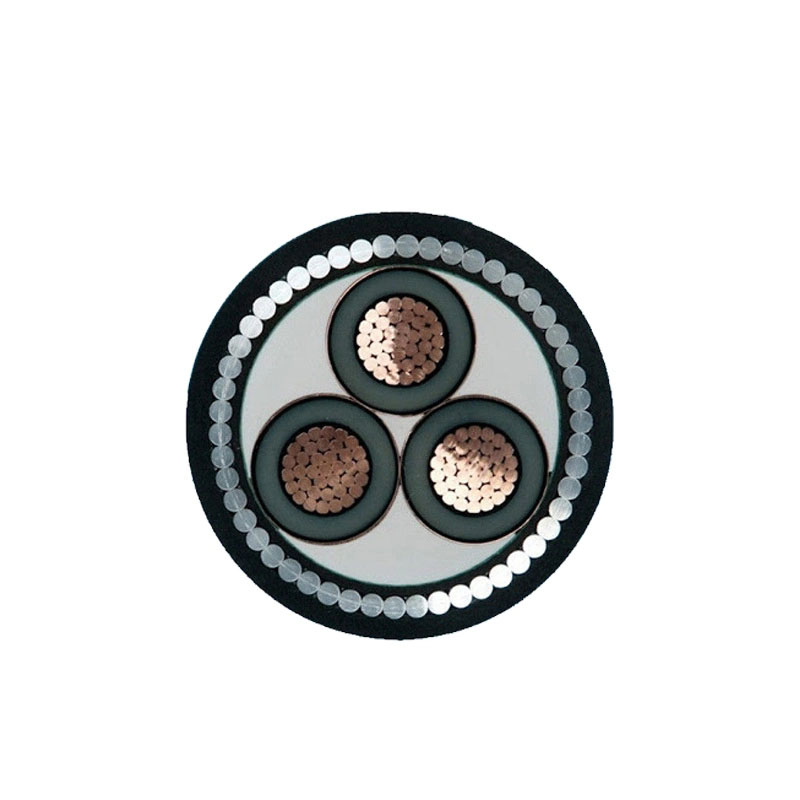
Exploring MC4 Connectors for Solar Energy Solutions and Their Industry Impact
The Significance of Solar MC4 Connectors in Renewable Energy
In recent years, the global shift towards renewable energy sources has gained remarkable momentum. Among the most important components in solar energy systems are MC4 connectors, which are pivotal for the successful integration of photovoltaic (PV) panels. Solar MC4 connectors are designed to facilitate the safe and efficient interconnection of solar modules, ensuring reliable performance and longevity of solar energy systems.
What Are MC4 Connectors?
MC4 connectors are a type of electrical connector specifically developed for use with solar panels. The name MC4 stands for Multi-Contact, 4mm, reflecting their design and functionality. These connectors come in male and female varieties, allowing them to connect securely. Generally made from durable materials that are resistant to UV rays, ozone, and harsh weather conditions, MC4 connectors are ideal for outdoor installations where they may be exposed to the elements.
Importance in Solar Energy Systems
One of the most significant advantages of MC4 connectors is their reliability. As solar energy systems rely on multiple interconnected panels to harness sunlight, it's crucial that these connections remain intact over time. MC4 connectors are designed to prevent accidental disconnections and can withstand extreme temperatures and other environmental conditions, reducing the risk of system failures.
Moreover, MC4 connectors are user-friendly, allowing for quick and easy installation. This is particularly beneficial for solar installers who need to complete installations efficiently without compromising quality. The ease of use contributes to lower labor costs and faster project timelines, making solar energy installations more accessible for consumers and businesses alike.
Enhanced Safety Features
solar mc4 company

Safety is a critical concern in any electrical system, and this is especially true for solar energy installations. MC4 connectors are engineered with safety features that help mitigate risks associated with electrical connections. They provide secure contact, reducing the likelihood of arcing—an occurrence that can lead to fires and equipment damage. Additionally, their robust design helps to ensure that connections remain watertight, protecting against potential failures due to moisture ingress.
Compatibility and Standards
Another significant aspect of MC4 connectors is their compatibility with various solar panel brands and technologies. The standardization of MC4 connectors allows for interoperability across different systems, making it easier for consumers to integrate elements from different manufacturers. This flexibility ensures that efficiency is not compromised and opens the door for innovative solutions in solar energy.
In terms of regulatory compliance, MC4 connectors meet international standards for electrical connectors, which adds an extra layer of assurance for consumers and installers. By utilizing components that adhere to strict safety and quality guidelines, users can have confidence in the performance of their solar energy systems.
The Future of Solar MC4 Connectors
As the solar energy market continues to expand, the demand for reliable, efficient, and safe connectivity solutions like MC4 connectors is expected to grow. Innovations in technology may lead to even more advanced versions of these connectors, further enhancing their performance and ease of use.
The continued development of solar energy infrastructure is crucial for meeting global energy demands while addressing environmental sustainability. MC4 connectors play an essential role in this transformation, providing the foundation for effective solar energy collection and distribution.
In conclusion, solar MC4 connectors are a vital component of modern renewable energy systems. With their robustness, safety features, and compatibility, they facilitate the efficient and safe operation of solar installations. As we continue to embrace renewable energy, the role of MC4 connectors will become increasingly significant in shaping a sustainable future.
-
Reliable LIYCY Cable Solutions for Low and Medium Voltage ApplicationsNewsJul.14,2025
-
Premium Overhead Electrical Wire Solutions for Low and Medium Voltage ApplicationsNewsJul.14,2025
-
Innovative XLPE Electrical Cable Solutions for Modern Low and Medium Voltage NetworksNewsJul.14,2025
-
High-Quality Ethylene Propylene Rubber Cable – Durable EPDM Cable & 1.5 mm 3 Core OptionsNewsJul.14,2025
-
Exploring the Versatility of H1Z2Z2-K 1X4mm2 Cables in Modern ApplicationsNewsJul.14,2025
-
Uses of Construction WiresNewsJul.14,2025
-
Types of Neoprene CableNewsJul.14,2025














